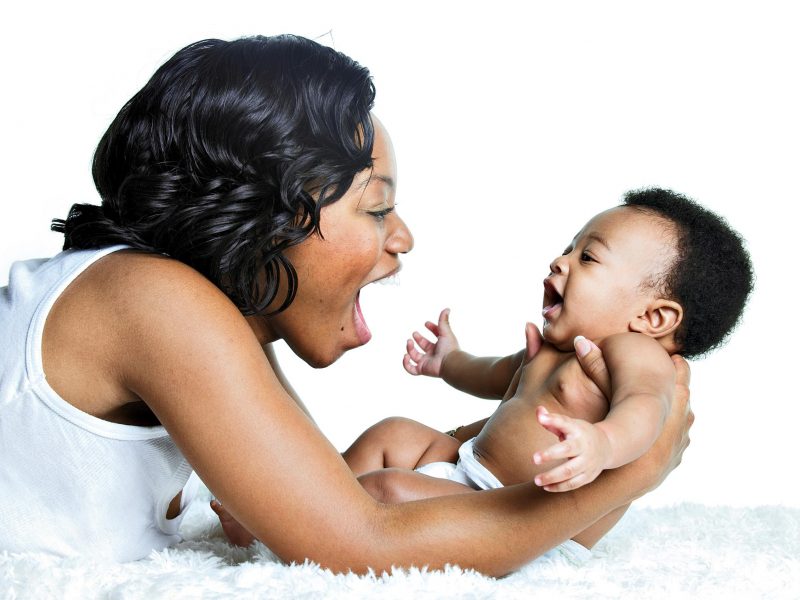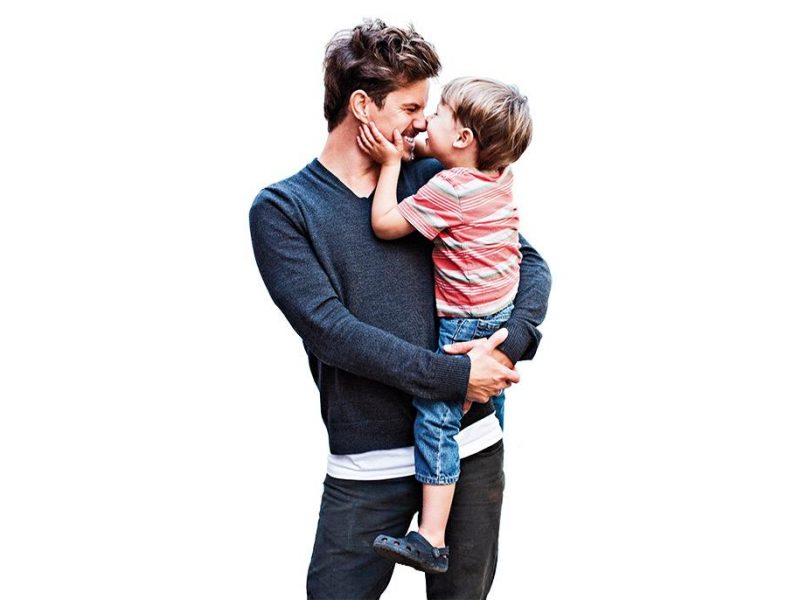Community parenting
As someone who is regularly involved with questions of parenting, not only as a parent myself, but also through this blog and in my role teaching adoption courses, I am very conscious of how personal and emotional parenting issues can be. This is especially true when children come under the supervision of adults who are not their parents – teachers, coaches, babysitters, other family members, and so forth – who might have a very different philosophy of parenting.
Because of the conflicts these situations sometimes cause, people are understandably hesitant to advise or discipline a child who is not their own. They don't want to impose their own parenting principles on a child whose parents my be raising them quite differently. The problem that arises, however, is that children are less and less raised by a village, more and more defined by the principles and expectations of their particular family culture.
I often see kids in public places behaving in ways that are certainly not criminal, but that are childish or impolite or even outright inappropriate – littering, or sitting in the handicap seats on the bus while an elderly person is forced to stand, or catcalling women passing by. Too often, these kinds of behaviours are simply ignored, because people don't feel they have the right to impose their own standards of behaviour on someone else's child.
I think this needs to change, and I have made a conscious effort to intervene in those kinds of situations as calmly and politely as I can, not as their parent, but as a member of their community who believes in certain standards of behaviour. So when I see kids littering, I make a point of going and asking them to pick up their garbage and keep their community clean. When I see teens just hanging out on the bench at the bus stop, I ask them to please make room for actual bus passengers. When the kid from down the street makes a sexual comment at a passing woman, I take him aside and talk with him about how it must feel to be in that woman's place.
The kids generally respond pretty well. They usually know how they should behave already. They're just pushing at social politeness a little to show that they're cool in front of their peers. When they're reminded that their actions have an effect on those around them, they almost always look embarrassed and do as they’re asked.
You may sometimes get defiance, and you may also get grief from a parent after the fact, but I think our communities can only benefit when we collectively take the time to show kids what it means to act with maturity and consideration in the public sphere.
Luke Hill is a stay-at-home father of three boys, aged 10, eight, and four. He has fathered, fostered, adopted, or provided a temporary home for kids anywhere between birth and university. He has taught college courses, adoption seminars, camp groups, Sunday School classes, rugby teams, not to mention his own homeschooled kids.







